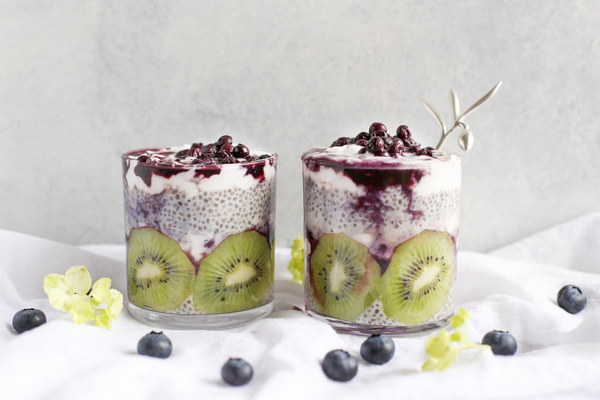Can You Drink Milk While Working Out Benefits and Considerations
Introduction:
When it comes to fitness and exercise, the right nutrition plays a crucial role in maximizing performance and recovery. One common question that often arises is whether or not it's appropriate to drink milk while working out. In this article, we will explore the benefits and considerations of consuming milk during exercise, helping you make an informed decision.
Benefits of Drinking Milk While Working Out:
1. Quick Source of Energy:
Milk is a great source of carbohydrates, proteins, and fats, making it an excellent choice for a pre-workout drink. The carbohydrates provide immediate energy, while the proteins help in muscle recovery. This combination can help you maintain your energy levels and perform better during your workout.
2. Muscle Recovery:
After intense exercise, your muscles require protein to repair and rebuild. Milk is rich in high-quality proteins, including casein and whey, which are both beneficial for muscle recovery. Drinking milk post-workout can help reduce muscle soreness and promote muscle growth.
3. Hydration:
Milk contains a good amount of water, which is essential for maintaining hydration during exercise. It helps in replenishing the fluids lost through sweat and aids in maintaining your body's overall hydration status.
4. Bone Health:
Calcium, a vital mineral for bone health, is abundant in milk. Regular consumption of milk can help maintain strong bones and reduce the risk of osteoporosis. This is particularly beneficial for individuals engaged in weight-bearing exercises.

Considerations:
1. Lactose Intolerance:
If you have lactose intolerance, consuming milk during exercise may cause discomfort or gastrointestinal issues. In such cases, alternative milk options like lactose-free milk, almond milk, or soy milk can be considered.
2. Digestive Comfort:
Some individuals may experience bloating or discomfort when consuming milk during exercise. If you have a sensitive stomach, it is advisable to experiment with smaller quantities or opt for a milk alternative.
3. Timing:
The timing of milk consumption during exercise is crucial. It is generally recommended to have milk before or after your workout. Consuming milk during your workout may lead to discomfort or digestive issues.
4. Caloric Intake:
If you are aiming for weight loss or calorie restriction, consuming milk during exercise may not be suitable. Milk is calorie-dense, and consuming it during exercise may hinder your weight management goals.
Conclusion:
Drinking milk during exercise can provide several benefits, including quick energy, muscle recovery, hydration, and bone health. However, it is essential to consider your individual needs, such as lactose intolerance or digestive comfort, and the timing of milk consumption. Experimentation and personal preference will play a significant role in determining whether milk is the right choice for you during your fitness routine.









